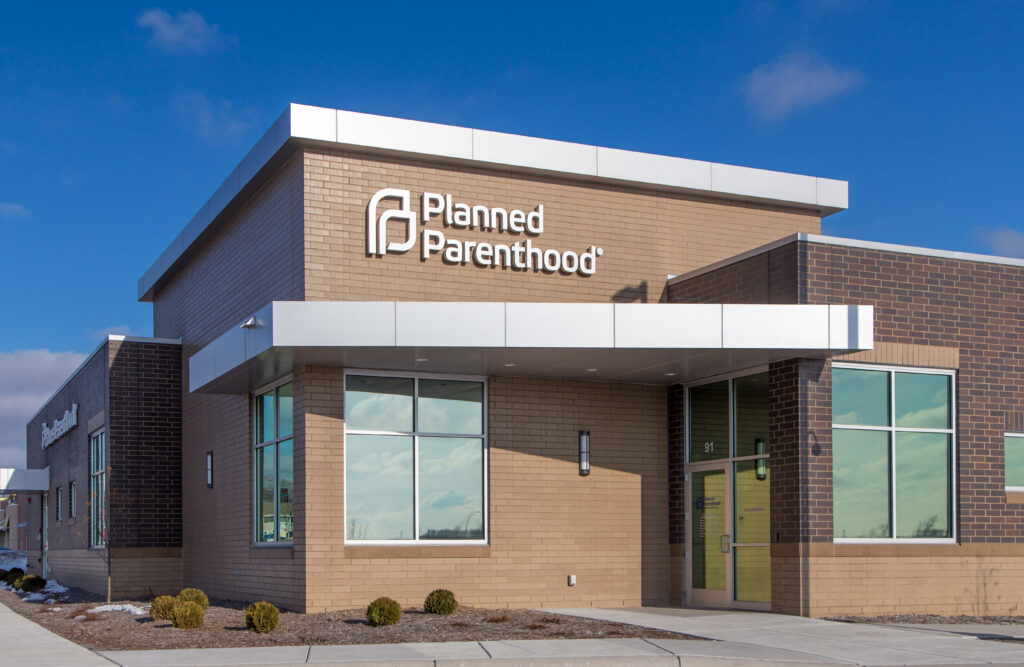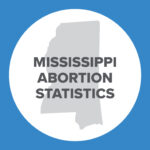Will Ohio Down Syndrome Law Split the Circuit Courts, Provoke Supreme Court Review?

This is Issue 47 in the On Point Series.
As the Supreme Court moves toward the end of its term having heard abortion cases involving admitting privileges and legal standing, a provocative question of potentially wide scope could be headed its way. The question is whether states may prohibit the eugenic practice of Down syndrome discrimination abortion, which occurs when an abortion is performed because a child has Down syndrome. The question has already drawn a powerful opinion from Justice Clarence Thomas, who wrote last year that the issue is still one of first impression after nearly five decades of abortion decisions.
To be clear, Roe v. Wade is bad law and should be overturned. The same goes for Planned Parenthood v. Casey, which affirmed the abortion right first declared in Roe.
In the meantime, in the same way that an employer has the right to terminate employment “at will” but not for prohibited reasons such as an employee’s race, sex, or disability, federal courts should hold that the general right to abortion declared in Roe and affirmed in Casey does not include decisions to terminate pregnancy on the ground that the child has Down syndrome.
* * *
The federal abortion right was first declared by the Supreme Court in the 1973 case of Roe v. Wade and then affirmed by the Court in the 1992 case of Planned Parenthood v. Casey.
The “most central principle” of Roe, according to a plurality of the Court in Casey, is what is sometimes called the viability rule.
Under the viability rule, government “may not prohibit any woman from making the ultimate decision to terminate her pregnancy before viability.”
State laws prohibiting the eugenic practice of Down syndrome discrimination abortion pose a major challenge to the viability rule insofar as they apply to all stages of pregnancy whether before or after viability. New forms of genetic testing that have come online since Roe v. Wade have made it possible to screen for the extra chromosome that causes Down syndrome late in the first trimester, well before the stage at which a child is “viable” outside the womb, even with artificial support.
* * *
In May 2019 the Supreme Court declined to review a Down syndrome case from Indiana. The Court expressly noted that it was following its “ordinary practice” of denying petitions that raise legal issues not yet considered by additional Courts of Appeals. As the Court explained, “Only the Seventh Circuit has thus far addressed this kind of law.”
Justice Thomas, in concurrence, described the Down syndrome issue as one of “first impression” and explained that “further percolation may assist our review of this issue.”
Since then, the Down syndrome issue has continued to “percolate” in federal courts.
* * *
At the time the Supreme Court declined review of the Seventh Circuit case from Indiana, a three-judge panel of the Sixth Circuit had already heard oral arguments in the Ohio Down syndrome case. In October 2019, the three-judge panel ruled 2-1 against the law with Judge Alice Batchelder dissenting (No. 18-3329).
Subsequently, however, the Sixth Circuit granted en banc review, meaning the full court would review the three-judge panel decision.
The en banc court heard oral arguments on March 11, 2020. As of May 18 2020, the Sixth Circuit en banc panel has not issued a ruling.
A Sixth Circuit ruling in favor of the Ohio Down syndrome law would create a circuit split—a major factor in obtaining Supreme Court review.
* * *
Even if the Sixth Circuit rules against Ohio, a circuit split could eventually emerge from the Eighth Circuit, which is currently considering two cases involving Down syndrome, one from Arkansas (No. 19-2690) and one from Missouri (No. 19-3134 as consolidated with No. 19-2882). As of May 18, 2020, both Eighth Circuit cases have been fully briefed but neither case has been argued.
* * *
Crucially, prolife, pro-Constitution judges (that is to say, the kinds of judges most likely to take rule-of-law principles seriously) are not bound by Supreme Court precedent on the Down syndrome question. Circuit courts (and district courts not subject to binding circuit court precedent) have the freedom to rule in favor of Down syndrome protection laws, the Roe and Casey decisions notwithstanding.
Judge Frank H. Easterbrook of the Seventh Circuit powerfully articulated this argument in his opinion dissenting from denial of rehearing en banc in the Indiana Down syndrome case—an opinion joined by Circuit Judges Amy Coney Barrett, Diane S. Sykes, and Michael B. Brennan.
Easterbrook noted that Indiana had not sought rehearing on the Down syndrome question and he was “content to leave it to the Supreme Court.”
Easterbrook observed, however, that “[n]one of the [Supreme] Court’s abortion decisions holds that states are powerless to prevent abortions designed to choose the sex, race, and other attributes of children.” As Easterbrook wrote, “[j]udicial opinions are not statutes; they resolve only the situations presented for decision,” and the Supreme Court’s 1992 Casey ruling “did not consider the validity of an anti-eugenics law” like that presented by the Indiana case.
Easterbrook drew an explicit parallel to exceptions to the general doctrine of “at will” employment in situations where termination of employment was based on the race, sex, or disability of the employee. “Casey does not tell us whether a parallel ‘except’ clause is permissible for abortions,” Easterbook explained. “[T]here is a difference,” Easterbrook argued, “between ‘I don’t want a child’ and ‘I want a child, but only a male’ or ‘I want only children whose genes predict success in life.’ Using abortion to promote eugenic goals,” Easterbrook continued, “is morally and prudentially debatable on grounds different from those that underlay the statutes Casey considered.”
Easterbrook’s view was emphatically affirmed by Supreme Court Associate Justice Clarence Thomas in his concurring opinion in the same case. When the Supreme Court denied review of the Indiana case, Justice Thomas wrote separately and clarified (as Susan B. Anthony List had requested) that whether states may prohibit the eugenic practice of Down syndrome discrimination abortion presents an “issue of first impression.”
“Judge Easterbrook was correct,” wrote Justice Thomas. “Whatever else might be said about [the Court’s 1992 decision in] Casey,” Thomas continued, “it did not decide whether the Constitution requires States to allow eugenic abortions. It addressed the constitutionality of only ‘five provisions of the Pennsylvania Abortion Control Act of 1982’ that were said to burden the supposed constitutional right to an abortion (citation omitted). None of those provisions,” said Justice Thomas, “prohibited abortions based solely on . . . disability.”
Justice Thomas also clarified that “[t]he Court’s decision to allow further percolation should not be interpreted as agreement with the decisions below.” Following the Supreme Court’s denial of review in the Indiana case, the constitutionality of Down syndrome laws “remains an open question.”
* * *
“Although the Court declines to wade into these issues today,” Justice Thomas wrote when the Court denied review of the Indiana case, “we cannot avoid them forever. Having created the constitutional right to an abortion, this Court is dutybound to address its scope.”
A favorable ruling from either the Sixth or Eighth Circuits would provide another opportunity for the Supreme Court to grant review and resolve the Down syndrome discrimination issue according to the U.S. Constitution and in favor of life. Our nation’s body of law and cultural policy has turned decisively away from eugenics and disability discrimination. Upholding Down syndrome protection laws would address one of the few remaining vestiges of a particularly pernicious form of prejudice.
Thomas M. Messner, J.D. is Senior Fellow in Legal Policy at the Charlotte Lozier Institute.

























